Study Abroad Tips for Indian Students | Quick Guide 2025
_01-10-2025_11-12-12%20AM.webp&w=3840&q=75)
For most Indian students, foreign education is a once-in-a-lifetime dream. It provides not just top-class education but also experience of international opportunities, multicultural lifestyles, and professional development. But the experience can be exhausting—right from selecting a university to test preparations and financial management. This blog provides useful study abroad tips for Indian students and addresses typical questions, such as how to study for GRE, TOEFL, and SAT in India so that you can confidently start your journey.
Tip 1: Research Universities and Courses Well
The beginning of your study abroad journey is through detailed research. Selecting a university shouldn't be limited to global rankings—it should be based on your career aspirations, budget, and lifestyle choices.
Career objectives: Determine if you desire specialisation in research, technology, management, or arts. For instance, USA universities have an excellent research opportunity, whereas nations such as Germany offer robust industry-saturated programs.
Financial considerations: Tuition charges differ extensively. The cost of studying in the USA could be higher compared to Europe, but you can obtain scholarships and assistantships.
Comparison of countries: Aside from academic pursuits, compare visa regulations, opportunities to work, and language in every country.
Spend time on this step and you will be spared the regret of having made some choices later on.
Tip 2: Prepare Strong Applications (SOP, LOR, Exams)
Foreign universities put a lot of weight on the Statement of Purpose (SOP), Letters of Recommendation (LORs), and test scores. A good SOP can reflect your motivation, academic ability, and vision for the future. LORs bring authenticity to your application with profs' or employers' endorsements.
Tests like GRE, TOEFL, and SAT tend to be the core of admissions, particularly of USA universities. Numerous Indian students are curious about how to study for GRE, TOEFL, SAT in India. The solution is:
-
Adhering to a planned study schedule with regular practice.
-
Taking official preparation resources and practice tests.
-
Emphasis on time management and practice in simulated exam conditions.
This step is crucial, as competitive scores not only improve admission chances but also increase eligibility for scholarships.
Tip 3: Plan Your Finances in Advance
Studying abroad requires substantial financial planning. Tuition fees, living costs, travel, and insurance can be intimidating, but proper preparation eases the burden.
-
Scholarships and grants: Many universities and governments offer scholarships for Indian students. Research early and apply on time.
-
Part-time work: The USA, Canada, and the UK permit students to pursue part-time work, assisting with living costs.
-
Education loan: There are loans from Indian banks and financial institutions for studying abroad.
Tip 4: Know Visa Regulations and Work Possibilities
Each nation has varying visa regulations and post-study work policies. For example:
-
USA: Provides F-1 visas, and students are allowed to work on OPT (Optional Practical Training) post-graduation.
-
Canada: Avails Post-Graduation Work Permit (PGWP), which typically paves the way for PR.
-
UK and Australia: Reintroduced post-study work visas, so they are desirable among international students.
Tip 5: Learn About Culture and Adaptability
The biggest problem Indian students face is adjusting to a different culture. Culture shock, language barriers, and lifestyle changes are the norm in the initial months. To overcome this you can:
-
Become part of student groups and cultural organizations to feel at home.
-
Be receptive to making connections with students from other nations.
-
Embrace cultural differences while retaining your values.
This flexibility not only makes your experience fun but also develops world communication skills—your key to future career success.
Tip 6: Book Accommodation Early
Finding the right accommodation is another high-priority step.
-
On-campus housing: Convenient, secure, and nearer to classes, but potentially more expensive.
-
Off-campus housing: Less expensive and offers independence, but calls for investigation into safety, location, and transportation.
-
Shared apartments: An affordable option for Indian students looking to save money.
Early booking means you'll get the best options without last-minute inconvenience.
Tip 7: Stay Healthy and Manage Stress
Studying abroad comes with academic stress and lifestyle adjustments, so managing your health becomes important.
-
Health insurance: International students in most nations are mandated to have insurance coverage, so buy an appropriate policy before departing.
-
Emotional health: Homesickness and stress are to be expected. Get involved in student support groups and maintain contact with family members to facilitate the transition.
-
Work-life balance: Prevent burnout by keeping study time, part-time work, and leisure time in balance.
Keeping yourself in good health will keep you sharp and allow you to extract maximum value from your experience.
Conclusion
Studying abroad is not merely a matter of getting a degree—it's an opportunity to develop as a global citizen. With proper planning, Indian students can utilise this opportunity and turn difficulties into stepping stones for a better life. With these study abroad tips , you can create a clear roadmap, minimise anxiety, and revel in the thrilling adventure ahead. Always remember that each step you take—whether preparing for GRE, TOEFL, or SAT in India, or applying for scholarships—the nearer you get to a brighter future.
Frequently Asked Questions
What are the first steps Indian students should take when planning to study abroad?
Begin by researching universities, courses, and eligibility criteria.
How can Indian students manage expenses while studying abroad?
Through applying for scholarships, proper budgeting, and working part-time.
Do Indian students need IELTS or TOEFL for all countries?
Yes, a majority of English-speaking nations need IELTS or TOEFL as evidence of language proficiency.
What challenges do Indian students face abroad and how can they overcome them?
Differences in cultures, homesickness, and money—but these can be done with planning, flexibility, and support of the community.






















_03-12-2025_01-17-26%20PM.webp&w=3840&q=75)
_02-12-2025_03-07-49%20PM.webp&w=3840&q=75)

_27-11-2025_04-06-24%20PM.webp&w=3840&q=75)
_25-11-2025_04-38-18%20PM.webp&w=3840&q=75)
_24-11-2025_03-20-26%20PM.webp&w=3840&q=75)
_22-11-2025_12-44-47%20PM.webp&w=3840&q=75)
_21-11-2025_04-17-47%20PM.webp&w=3840&q=75)
_20-11-2025_03-55-26%20PM.webp&w=3840&q=75)
_18-11-2025_04-00-40%20PM.webp&w=3840&q=75)
_15-11-2025_10-48-43%20AM.webp&w=3840&q=75)
%20(1)_14-11-2025_03-52-25%20PM.webp&w=3840&q=75)
_13-11-2025_03-02-38%20PM.webp&w=3840&q=75)
_08-11-2025_04-15-36%20PM.webp&w=3840&q=75)
_05-11-2025_04-01-50%20PM.webp&w=3840&q=75)
_05-11-2025_03-46-26%20PM.webp&w=3840&q=75)
_03-11-2025_03-31-09%20PM.webp&w=3840&q=75)
_04-11-2025_.webp&w=3840&q=75)
_04-11-2025_.webp&w=3840&q=75)
_28-10-2025_04-09-08%20PM.webp&w=3840&q=75)
_24-10-2025_05-10-31%20PM.webp&w=3840&q=75)
_24-10-2025_04-55-51%20PM.webp&w=3840&q=75)
_22-10-2025_04-40-20%20PM.webp&w=3840&q=75)
%20(1)_21-10-2025_03-05-46%20PM.webp&w=3840&q=75)
_21-10-2025_02-43-15%20PM.webp&w=3840&q=75)
_17-10-2025_05-08-52%20PM.webp&w=3840&q=75)
_17-10-2025_04-54-54%20PM.webp&w=3840&q=75)
_15-10-2025_03-46-47%20PM.webp&w=3840&q=75)
_14-10-2025_03-42-40%20PM.webp&w=3840&q=75)
_14-10-2025_03-29-48%20PM.webp&w=3840&q=75)
_13-10-2025_03-48-51%20PM.webp&w=3840&q=75)
_11-10-2025_04-28-42%20PM.webp&w=3840&q=75)
%20(1)_09-10-2025_04-12-08%20PM.webp&w=3840&q=75)

_07-10-2025_02-55-25%20PM.webp&w=3840&q=75)
_07-10-2025_02-39-51%20PM.webp&w=3840&q=75)
_06-10-2025_03-42-37%20PM.webp&w=3840&q=75)
_03-10-2025_04-42-59%20PM.webp&w=3840&q=75)
%20(1)_29-09-2025_02-54-12%20PM.webp&w=3840&q=75)

_26-09-2025_12-14-18%20PM.webp&w=3840&q=75)
_24-09-2025_04-44-26%20PM.webp&w=3840&q=75)
_23-09-2025_04-14-36%20PM.webp&w=3840&q=75)
_22-09-2025_04-08-09%20PM.webp&w=3840&q=75)
_20-09-2025_03-26-03%20PM.webp&w=3840&q=75)
_17-09-2025_04-06-42%20PM.webp&w=3840&q=75)
_15-09-2025_04-43-43%20PM.webp&w=3840&q=75)
_13-09-2025_12-17-49%20PM.webp&w=3840&q=75)
_12-09-2025_04-31-36%20PM.webp&w=3840&q=75)
_12-09-2025_04-17-03%20PM.webp&w=3840&q=75)
_10-09-2025_03-59-59%20PM.webp&w=3840&q=75)
_09-09-2025_04-11-16%20PM.webp&w=3840&q=75)
_09-09-2025_03-53-52%20PM.webp&w=3840&q=75)


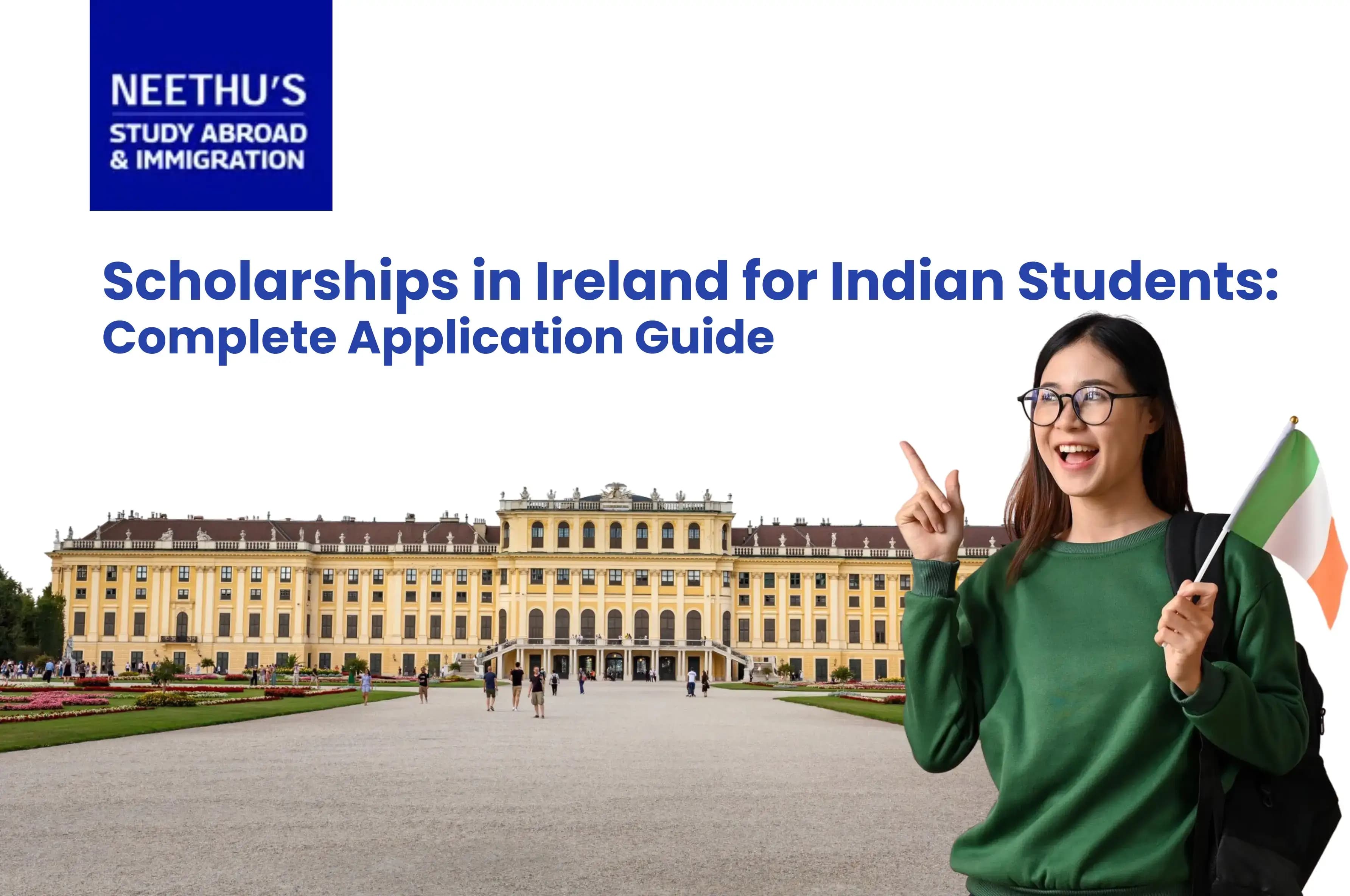








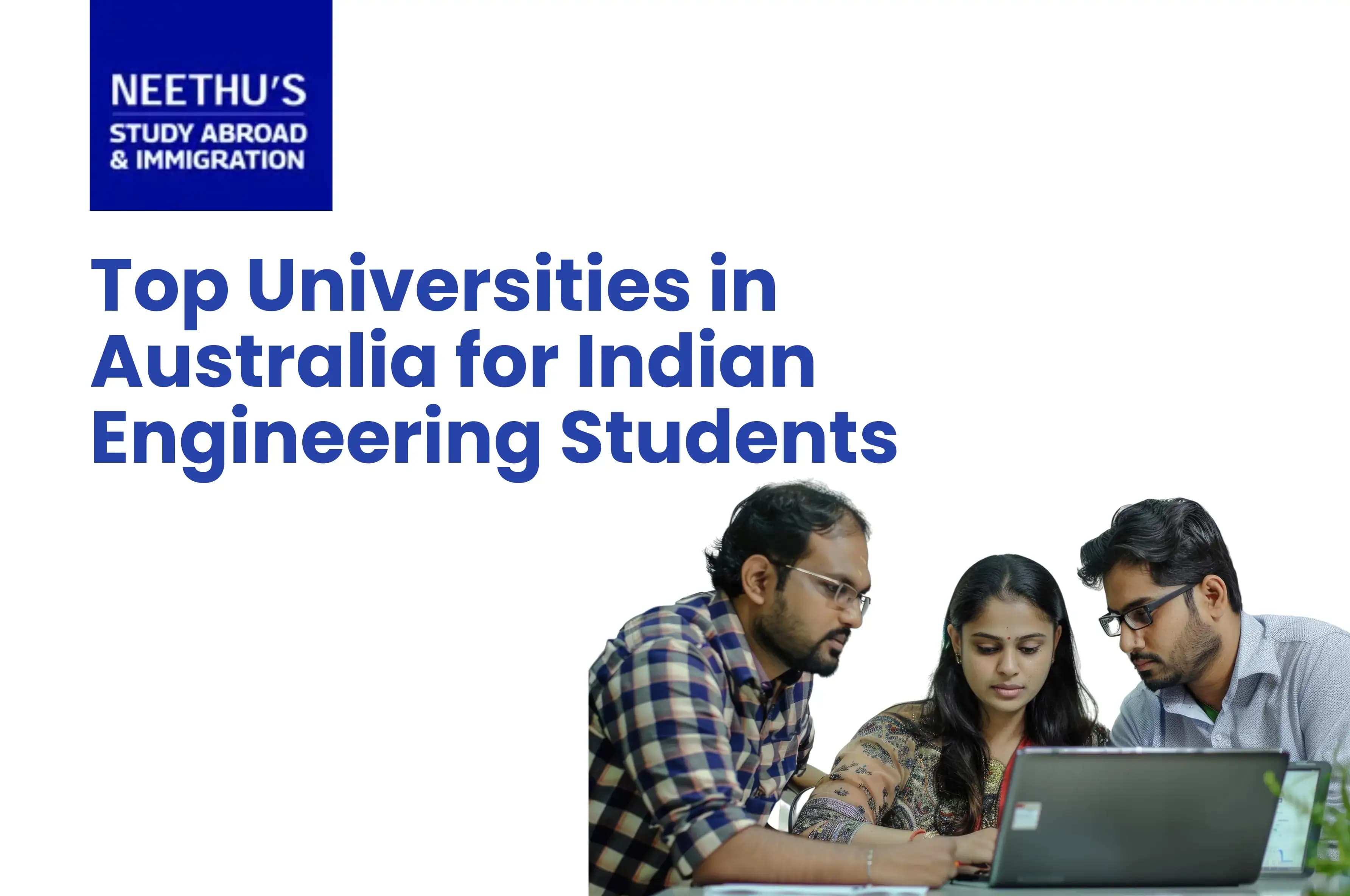















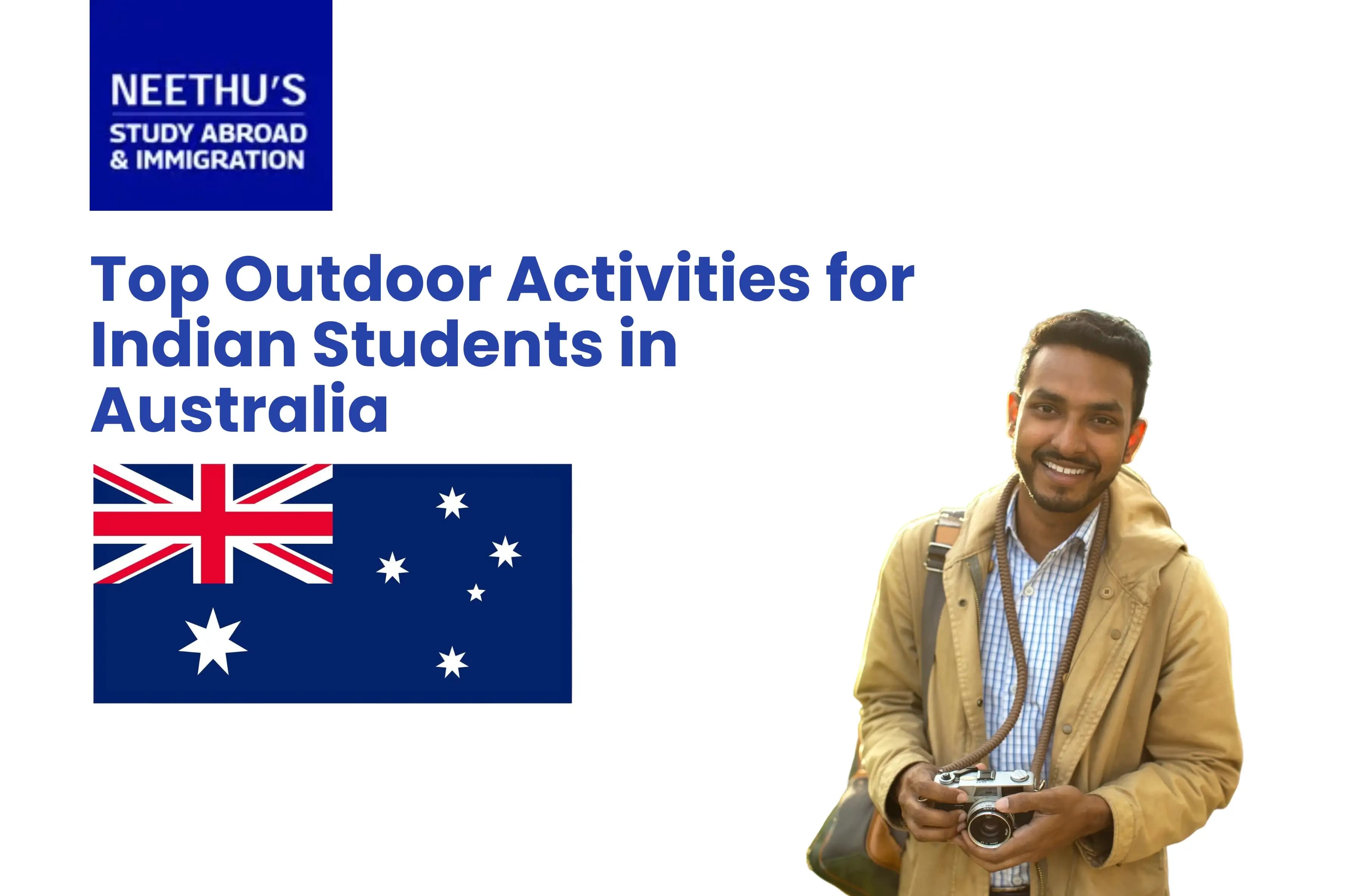
















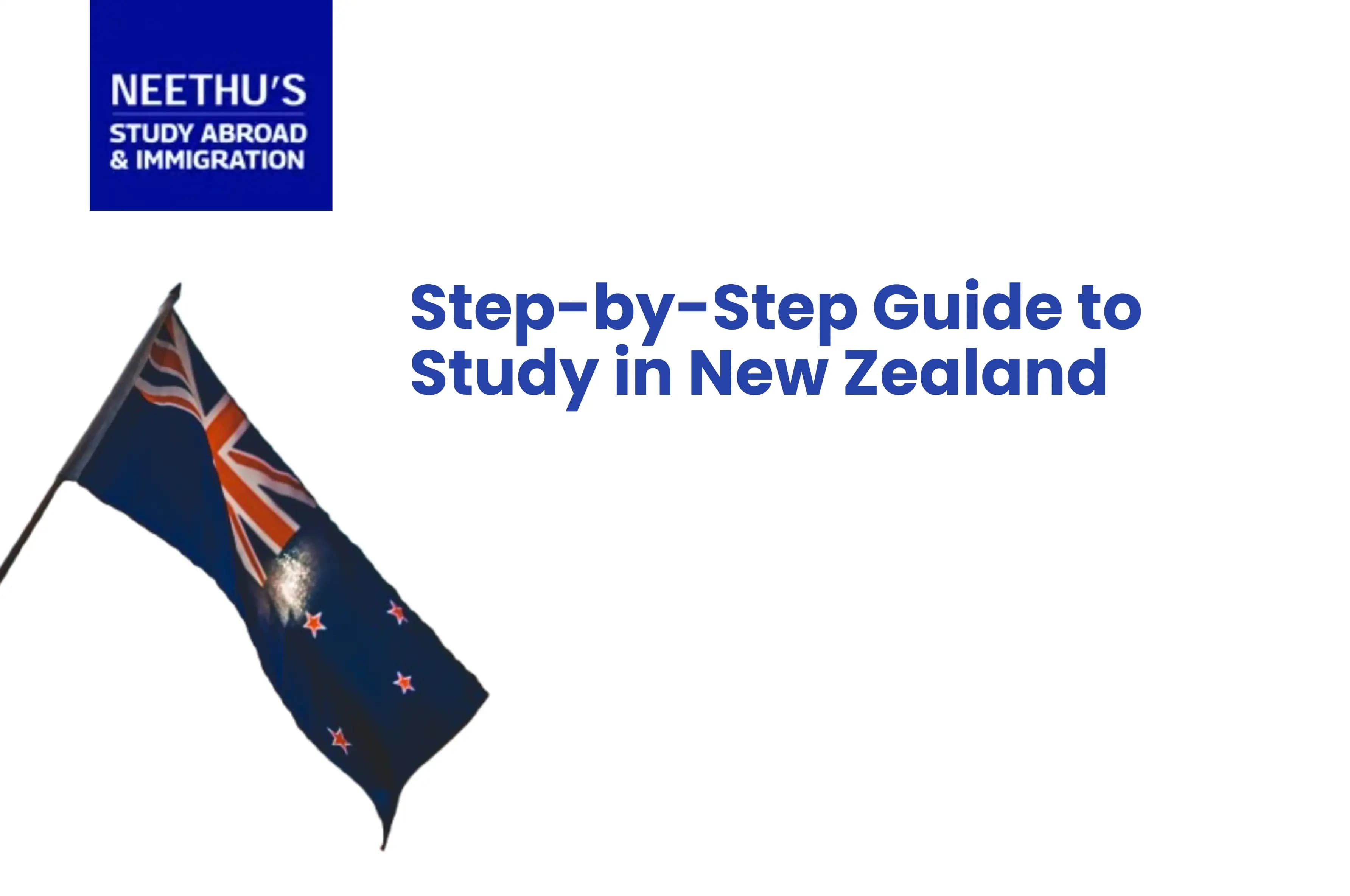

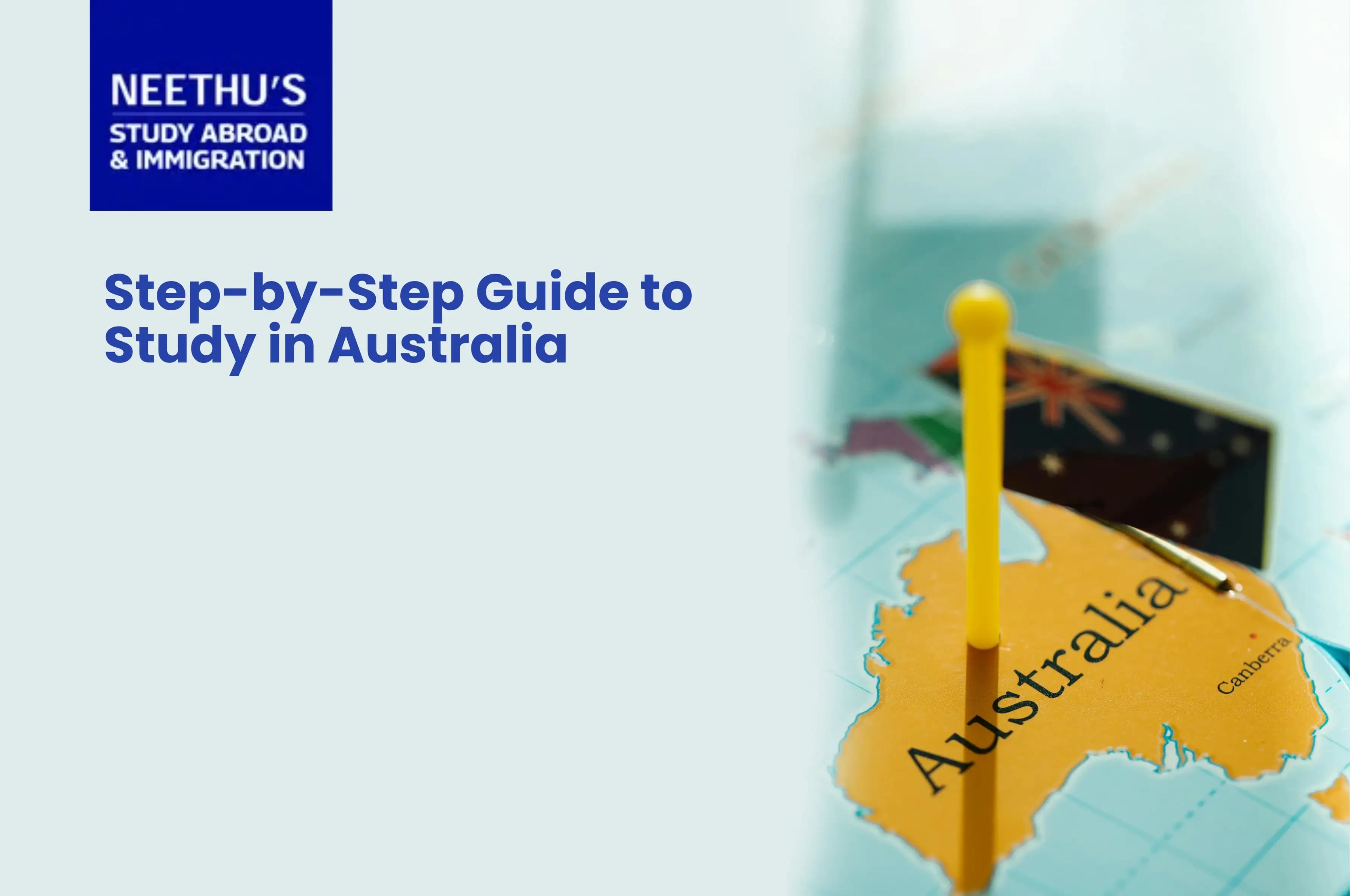

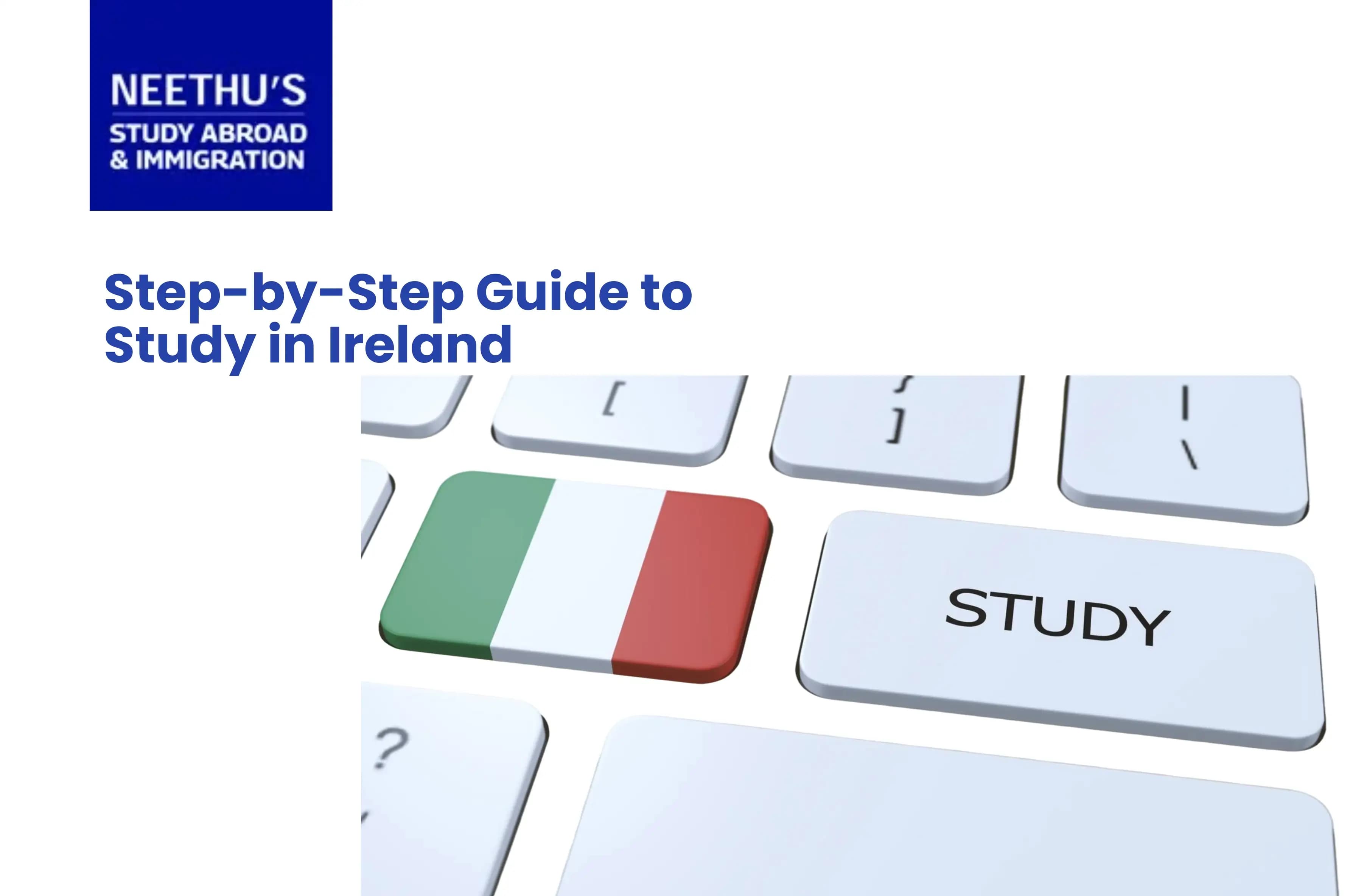



_12-06-2025_03-40-35%20PM.webp&w=3840&q=75)

